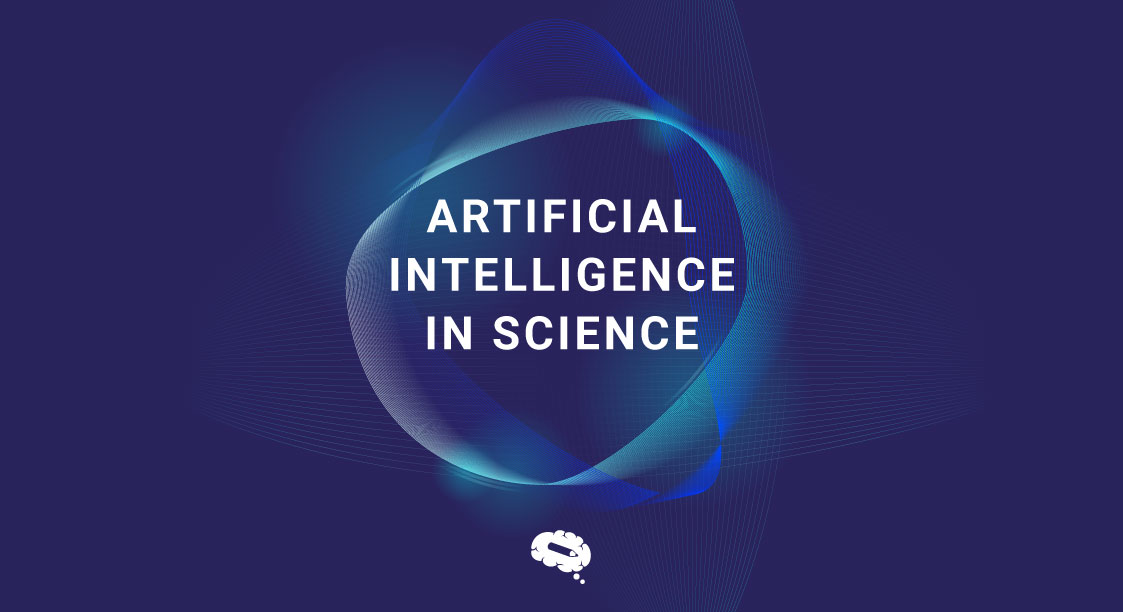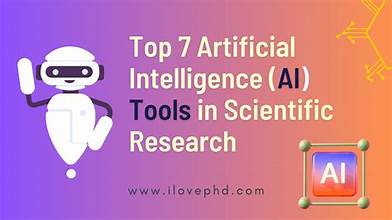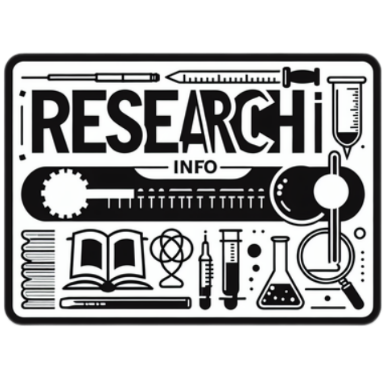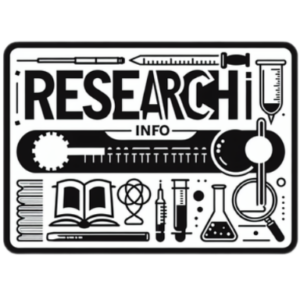
The rapid advancement of Artificial Intelligence (AI) is transforming various industries, and scientific research is no exception. As we move into 2024, AI is not only enhancing traditional research methods but also pioneering new approaches that were previously unimaginable. This article explores the innovative applications of AI in scientific research, demonstrating how this technology is revolutionizing the way we explore, analyze, and understand the world around us.
1. Automated Data Analysis
One of the most significant contributions of AI to scientific research is the automation of data analysis. Traditionally, researchers would spend countless hours sifting through data, identifying patterns, and drawing conclusions. However, with the advent of AI, these tasks can now be performed much more efficiently.
AI algorithms, particularly those involving machine learning (ML), are capable of analyzing vast datasets at speeds that far exceed human capabilities. These algorithms can identify trends, correlations, and outliers in data that might be missed by human researchers. For instance, in genomics, AI is used to analyze sequences of DNA, helping to identify genetic markers linked to diseases. This capability is speeding up research in fields like personalized medicine, where quick data analysis can lead to more effective treatments.
2. Predictive Modeling
AI’s ability to create predictive models is another groundbreaking application in scientific research. Predictive modeling involves using statistical techniques to create models that can predict future outcomes based on historical data. AI enhances this process by using advanced algorithms to analyze large datasets and make accurate predictions.
In climate science, for example, AI is used to predict weather patterns and climate change scenarios with greater precision. AI models can incorporate a vast amount of data, including temperature, humidity, wind speed, and atmospheric pressure, to predict future climate conditions. This information is crucial for developing strategies to mitigate the impacts of climate change.
Similarly, in pharmaceutical research, AI-driven predictive models are being used to forecast the efficacy of new drugs. By analyzing data from clinical trials, AI can predict which compounds are likely to succeed, thereby reducing the time and cost associated with drug development.
3. Enhanced Experimentation Through AI
AI is also revolutionizing the way experiments are designed and conducted. Traditionally, researchers would rely on trial and error to determine the best conditions for an experiment. This process can be time-consuming and resource-intensive. However, AI can optimize this process by identifying the most promising experimental conditions based on previous data.
One example of this is AI-driven drug discovery. AI algorithms can analyze data from previous experiments to identify the most promising compounds for testing. This approach has been shown to significantly reduce the time and cost associated with drug development. In 2024, this technology is expected to play a critical role in the rapid development of new drugs and therapies.
AI is also being used to automate the experimental process itself. Robotics and AI are being combined to create fully automated laboratories, where experiments can be conducted without human intervention. These labs can operate 24/7, conducting experiments and analyzing data around the clock. This not only speeds up the research process but also reduces the risk of human error.
4. AI in Data-Driven Discovery
Another innovative application of AI in scientific research is its role in data-driven discovery. Data-driven discovery involves using data analysis techniques to uncover new insights and knowledge from existing data. AI enhances this process by using advanced algorithms to analyze large datasets and identify patterns that may not be apparent to human researchers.
In astronomy, for example, AI is being used to analyze data from telescopes to identify new celestial bodies. By analyzing data from millions of stars and galaxies, AI can identify patterns that suggest the presence of new planets or other astronomical objects. This has led to the discovery of several new exoplanets in recent years.
Similarly, in biology, AI is being used to analyze data from experiments to identify new biological processes and pathways. By analyzing data from thousands of experiments, AI can identify patterns that suggest the presence of previously unknown biological mechanisms. This has the potential to lead to new treatments for diseases and a better understanding of how the human body functions.
5. Natural Language Processing in Research
Natural Language Processing (NLP), a branch of AI that focuses on the interaction between computers and human language, is increasingly being integrated into scientific research. NLP allows researchers to analyze large volumes of text, such as research papers, patents, and clinical trial reports, to extract relevant information and insights.
In 2024, NLP is expected to play a significant role in literature review processes. By using NLP algorithms, researchers can quickly analyze thousands of research papers to identify trends, gaps, and opportunities for further investigation. This capability is particularly valuable in fast-moving fields like AI and biotechnology, where staying up-to-date with the latest research is essential.
NLP is also being used to improve the reproducibility of scientific research. By analyzing the text of research papers, NLP algorithms can identify potential errors or inconsistencies in the methodology. This helps ensure that research findings are accurate and can be reliably reproduced by other researchers.
6. AI and Ethical Considerations in Research
While AI offers many benefits to scientific research, it also raises important ethical considerations. The use of AI in research can lead to concerns about privacy, bias, and the potential for misuse of data. As AI continues to play a larger role in scientific research, it is essential to address these ethical issues to ensure that the technology is used responsibly.
In 2024, we can expect to see increased efforts to develop ethical guidelines for the use of AI in research. These guidelines will likely focus on ensuring that AI algorithms are transparent, unbiased, and used in a way that respects the privacy and rights of individuals. Additionally, there will be a growing emphasis on the need for collaboration between researchers, ethicists, and policymakers to address the ethical challenges posed by AI.
7. Conclusion
As we move further into 2024, AI is set to continue its transformative impact on scientific research. From automating data analysis to enhancing experimentation and enabling data-driven discovery, AI is revolutionizing the way we conduct research. While there are challenges to be addressed, particularly in the realm of ethics, the potential benefits of AI in scientific research are immense. By embracing these innovations, researchers can unlock new possibilities and accelerate the pace of discovery in the years to come.














